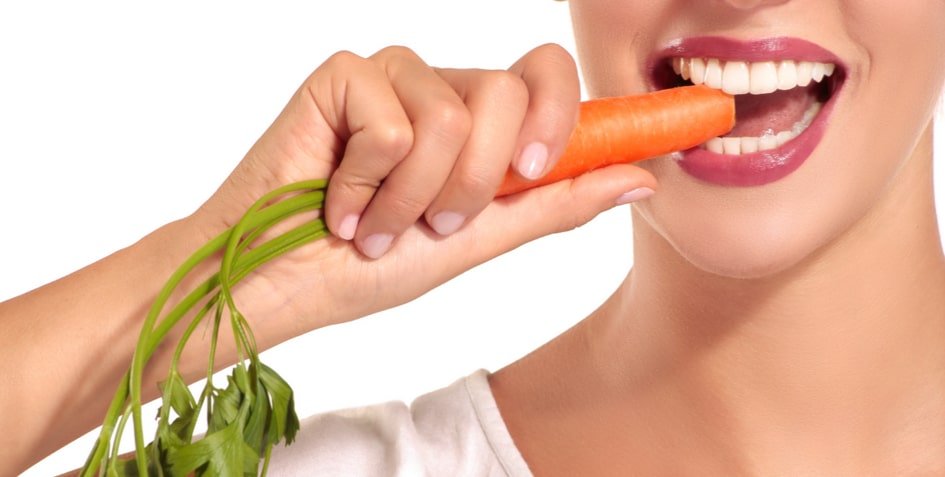Nutritional tips for healthy teeth

Starting to exercise to get in shape or developing healthy eating habits are some of the challenges we usually set for ourselves.
5 dietary tips for good oral health
The mouth is where digestion begins and conditions such as cavities, enamel erosion or tooth wear can be directly related to what we eat. Here are 5 dietary tips for your oral health:
1. Sugar intake
A hight sugar intake is one of the main causes of tooth decay. A series of bacteria present in the mouth transform sugars into acid and cause the destruction of the hard tissues of the tooth (enamel and dentin). They are both naturally present in foods (honey, syrups, fruit juices and concentrates) and are added to foods or beverages during processing, cooking or final consumption (even those that appear salty at first glance). According to the World Health Organization, the sugar intake should be reduced to less than 5% of daily caloric intake, so take note.
2. Beware of acids
In addition to sugars, acids in food can also put our teeth at risk. They can generate erosion of the enamel, leaving the dentin exposed, softer and more sensitive. As a result, cavities or tooth sensitivity are more likely to occur. Be careful with fruit juices, which, although nutritious, are very acidic, or isotonic drinks, which are in vogue lately.
3. Tobacco and alcohol, another health risk for the mouth
Due to their incidence in the development of caries, oral infections, periodontal disease and even oral cancer, tobacco and alcohol consumption are a high risk to oral health. Both substances reduce the body’s immune response capacity and can negatively affect the success rate of treatments performed in the mouth, whether surgical, non-surgical or regenerative, and even dental implants. Their consumption also affects the soft tissues and mucous membranes and create alterations to the teeth and gums.
Moreover, their combined consumption can multiply these harmful effects.
4. Allies for your teeth and gums
Besides substances that can be harmful to our mouth, other can be beneficial. For example, did you know that besides the toothpaste or mouthwash you use, some fishes such as salmon or walnuts contain fluoride? Calcium (found in dairy products, but also in vegetables, seeds and cereals) and vitamin D (found in fatty fish such as tuna or mackerel, mushrooms and egg yolks, play an important role in the formation of teeth). Vitamin C (found in citrus fruits and leafy vegetables) strengthens gums and soft tissues and vitamin B2 (Riboflavin) helps tissue regeneration, which promotes the healing of mouth ulcers.
5. Pay attention to the texture of the food
The sticky or hard-to-chew foods with stucked residue to the teeth or between the teeth are an additional risk.
On the other hand, repeated rubbing of a particular area of the teeth can damage the teeth. Of course, we have to be very careful about food containing shells and make sure we don’t carry fragments into our mouths that could cost us a tooth when chewing.
Do you want to know more about nutrition and oral health ? During your consultation, your specific situation will be discussed in more detail. We encourage you to ask any questions you may have. If new questions arise after your consultation, please do not hesitate to contact the clinic. During the initial examination, we will be able to help you to apply our oral health dietary advice. Moreover, we can define the treatment plan, the expected duration of treatment and the approximate cost.
Stop by our dental clinic for a visit, or call us at 022 310 50 77 to arrange a consultation
In our profession of dentistry, prevention has become fundamental. Our hygienists are particularly sensitive and attentive to your dietary habits, trying to adapt prevention to your lifestyle, your habits and your profession. They are real protective nannies for you!











